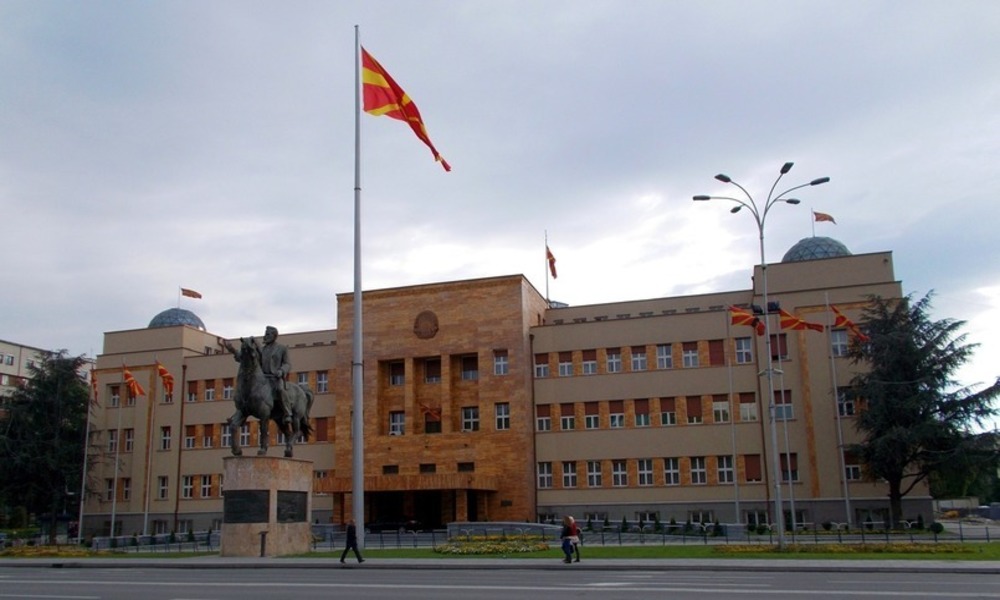RUSSIA MONITOR
Date: 15 January 2019
Russia Loses Influence in the Balkans
Macedonian parliament’s recent decision to change the country’s name sparked outrage in Moscow while a statement issued by Russian Foreign Ministry is considered as meddling in other country’s domestic affairs. According to Moscow, Macedonia’s name was changed against the will of its citizens while violating Macedonian law. Once ratified by the Greek parliament, the agreement will pave Macedonia’s way for its membership in NATO and the European Union. Facing their recent political defeat in Skopje Russia may implement a set of measures to influence Athens’s final decision.

Macedonia’s parliament passed an amendment to the constitution, under which the country’s name was changed to North Macedonia. This was in line with an agreement with neighboring Greece. The new name will enter into force only after the parliament in Athens also ratifies the deal. If signed, this will put an end to a 27-year-old dispute over the name and right to the legacy of ancient Macedonia. Moreover, it will open the doors to Macedonia for EU and NATO membership as the country has long been landlocked by Greece.
It was not until the changes within the Skopje government that an agreement was eventually reached. Following a long political crisis – which was additionally fuelled by Russian services, backed by Serbian intelligence – Moscow-endorsed center-right ruling party lost power over the country. In order to be fully valid, the agreement still needs to be ratified by Greece while the ruling coalition has a minimal majority in the parliament, which does not mean that its fate is already sealed. To make matters worse, Defense Ministry Panos Kammenos announced his resignation, pulled his ANEL party from the coalition. At the same time, Moscow’s pressure is likely to intensify. Last year, Greece expelled a group of Russian envoys, who were accused of trying to influence the Greek Orthodox Church, for activities against the Greek-Macedonian deal. Moscow in this turn expressed harsh criticism over the parliament’s decision. In its statement, Russian Foreign Ministry claimed that the name change process imposed from the outside (implicitly by Western countries) in order to force Skopje to join NATO. The Kremlin backs Macedonia’s opposition party and president as both are hostile towards the deal. Macedonia is yet another Balkan country where Russian policy appeared to be highly unsuccessful. Earlier Montenegro had joined NATO structures after the coup trial, in which Russia’s GRU was involved. Among Russia’s last foothold in the region are Serbia and Republika Srpska, the latter being the Serbian part of Bosnia and Herzegovina. The rivalry for influence in the Balkans was thoroughly described in a special report by The Warsaw Institute “Western Balkans between China, Russia, EU and Turkey”.
All texts published by the Warsaw Institute Foundation may be disseminated on the condition that their origin is credited. Images may not be used without permission.














